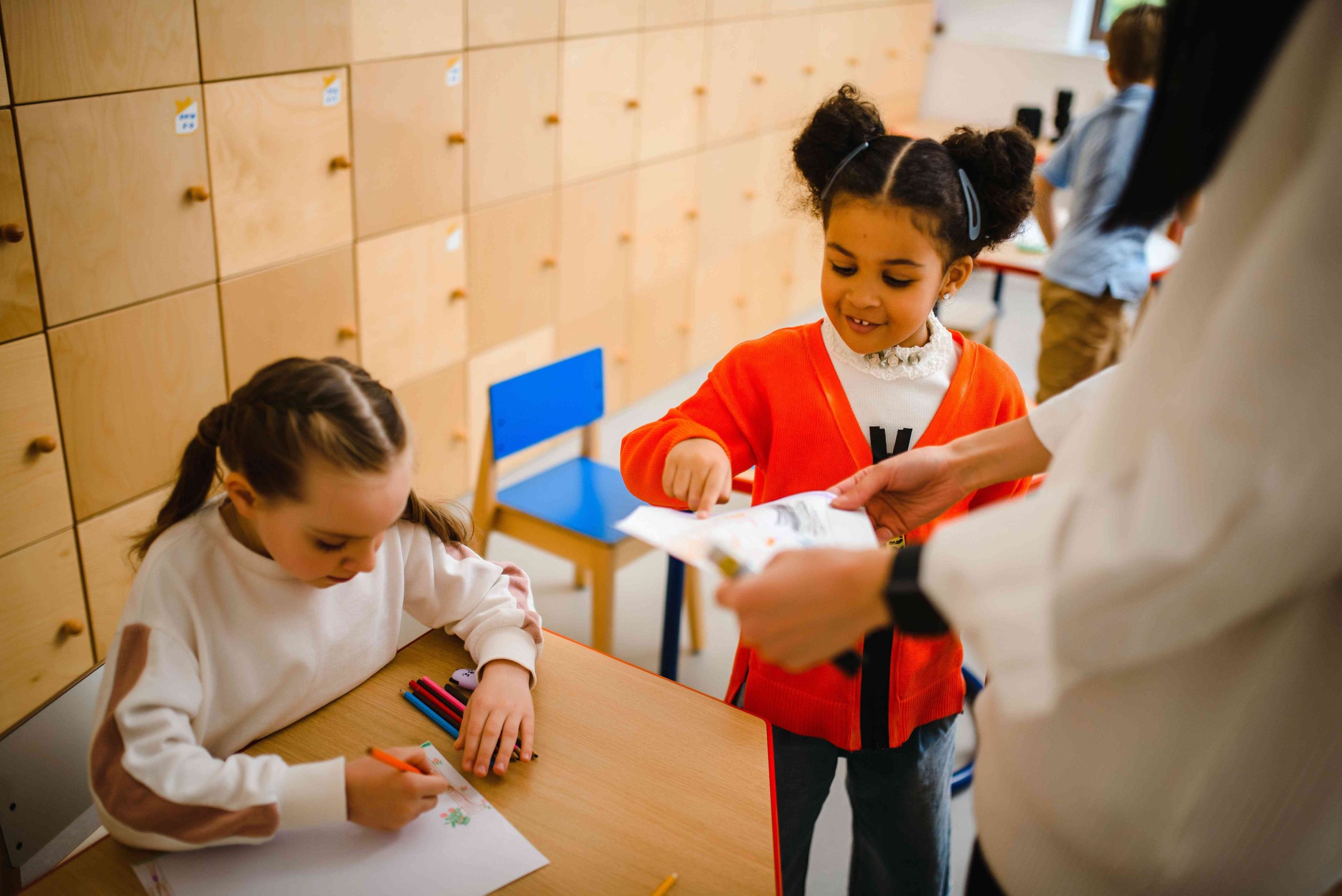
Exploring Assessment Activities: An Ecological and Sociocultural Perspective
Assessment serves as a fundamental component of learning and education, offering insights into the effectiveness of the learning process and guiding subsequent instruction. This article delves into assessment activities from both ecological and sociocultural standpoints, providing examples of their practical implementation.
Ecological Assessment Activities
Ecological assessment activities delve into the interaction between learners and their environments, examining how the environment influences the learning process. These assessments are context-specific and consider the unique characteristics of each learning setting. Examples of ecological assessment activities include:
- Performance-based assessments: These evaluate students’ ability to apply learned concepts in real-world situations. For instance, a science teacher might task students with designing and conducting experiments to test theories.
- Observational assessments: These involve teachers observing students as they perform tasks, allowing for real-time evaluation of progress. For instance, an early years teacher might observe preschoolers’ social interactions to assess communication and teamwork skills.
- Portfolio assessments: These enable students to compile evidence of their learning progress over time. For example, a student in a creative writing course might create a portfolio showcasing their work and development.
Sociocultural Assessment Activities
Sociocultural assessment activities consider the social and cultural contexts of learning, recognizing the impact of factors like race, ethnicity, gender, and socioeconomic status on learning. These assessments are culturally appropriate and address the specific needs and experiences of each learner. Examples of sociocultural assessment activities include:
- Self-assessment: Encouraging students to reflect on their learning progress and evaluate their own performance. For example, a language teacher might prompt students to assess their language proficiency.
- Peer assessment: Involving students in evaluating their peers’ work and providing feedback. For instance, a drama teacher might ask students to critique each other’s performances to develop critical thinking and communication skills.
- Culturally responsive assessments: Tailoring assessments to reflect students’ cultural backgrounds and experiences, ensuring relevance and meaning. For example, a history teacher might design an assessment focusing on students’ own cultural histories, fostering connections with broader world contexts.
In conclusion, assessment activities play a crucial role in the learning process, offering feedback on student progress and guiding further instruction. Ecological and sociocultural assessment activities provide distinct perspectives on learning, emphasizing the importance of context and culture in shaping student outcomes. By incorporating a diverse range of assessment activities, educators can ensure meaningful feedback that supports student learning and development.
Enhancing Assessment Practices
Implementing effective assessment activities requires careful consideration and planning. Several factors contribute to successful assessment practices:
- Alignment with learning objectives: Ensuring assessment activities align with lesson or unit objectives to evaluate relevant skills and knowledge.
- Authenticity: Employing assessments that allow students to apply knowledge and skills in real-world contexts for deeper understanding.
- Differentiation: Adapting assessments to accommodate diverse learner needs and styles, ensuring equitable evaluation.
- Timeliness: Providing prompt feedback to students to facilitate immediate understanding and opportunities for improvement.
- Cultural relevance: Designing assessments that respect and incorporate students’ cultural backgrounds and experiences for meaningful evaluation.
- Accessibility: Ensuring assessments are accessible to all students, including those with disabilities or diverse learning needs.
By considering these factors and incorporating a variety of assessment types, educators can gain comprehensive insights into student learning. However, it’s essential to maintain a supportive learning environment, balancing assessment benefits with potential stressors.
Considerations for Effective Assessment
To promote student engagement and motivation, educators can:
- Involve students: Engage students in assessment development and evaluation to foster ownership and investment in learning outcomes.
- Cultivate a growth mindset: Provide feedback emphasizing progress and improvement, promoting resilience and perseverance in the face of challenges.
- Incorporate student interests: Tailor assessment activities to align with students’ passions and interests, enhancing autonomy and motivation.
Furthermore, educators should design assessments with clear learning objectives in mind, ensuring relevance and effectiveness in supporting student growth.
Types of Assessment Activities
Various assessment activities can be employed to measure student learning:
- Formative assessments: Ongoing assessments providing feedback throughout the learning process, such as quizzes or class discussions.
- Summative assessments: Evaluations conducted at the end of a unit or course to measure overall learning, such as final exams or projects.
- Performance-based assessments: Tasks requiring students to demonstrate skills and knowledge in real-world contexts, including presentations, portfolios, and simulations.
- Self-assessment: Reflection activities where students evaluate their own learning progress, such as self-reflection journals or rubric-based self-assessments.
- Peer assessment: Collaborative evaluations where students provide feedback on each other’s work, such as peer editing or group evaluations.
- Authentic assessments: Tasks mirroring real-world situations, like case studies or fieldwork projects, to apply learning in practical contexts.
- Standardized assessments: Evaluations using standardized criteria to measure student learning, including standardized tests or national exams.
- Ecological perspective: Recognizing how the learning environment impacts assessment outcomes, educators can adapt assessments to fit specific contexts, fostering deeper understanding and engagement.
- Sociocultural perspective: Acknowledging the cultural backgrounds and experiences of students, educators can design assessments that reflect diverse perspectives, promoting inclusivity and equitable evaluation.
Employing a variety of assessment activities provides educators with comprehensive insights into student progress and learning outcomes. However, it’s essential to recognize that no single assessment type can fully capture the complexity of student learning. Thus, educators should utilize multiple assessment approaches to obtain a more holistic understanding.
Considering Contextual and Sociocultural Influences
Assessment activities are influenced by ecological and sociocultural factors, highlighting the importance of contextualization and cultural responsiveness:
By addressing these influences, educators can create assessment practices that resonate with students’ lived experiences and support their learning journeys.
Conclusion
Assessment activities are integral to the learning process, offering valuable insights into student progress and guiding instructional decisions. By adopting ecological and sociocultural perspectives, educators can design assessments that reflect the dynamic interplay between learners, environments, and cultural contexts. Through thoughtful planning and implementation, assessment activities can promote student engagement, foster growth mindsets, and facilitate meaningful learning experiences for all students.


